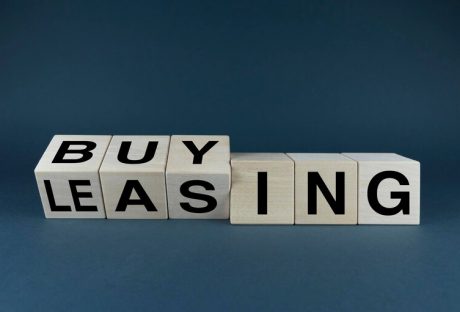Streaming has undoubtedly become the primary way younger generations consume visual content. In the past decade, we’ve seen streaming grow from a unique luxury to a popular commodity, with new platforms emerging yearly.
While there is a variety of platforms to choose from, not all are created equal. There are several key qualities and characteristics viewers expect before they commit to spending their hard-earned money every month.
So, what makes a great streaming service?
Let’s take a closer look.
Diverse Storytelling
Whether we’re watching movies or television series, storytelling is one of the primary reasons we tune in to our favorite programming. This media is considered an escape, allowing us to immerse ourselves in another time and place for an hour or more.
When it comes to streaming platforms, there are plenty of stories being told, from fictional fantasies to authentic, real-time stories. Diversity within those stories is crucial to giving credibility to a streaming platform.

Viewers want to see inclusion and diversity reflected in the content they consume — whether it’s a superhero tale that takes place in another universe or an informative series like Songs by an Immigrant from Broadstream’s catalog of original storytelling and interviews.
It’s not enough to have a large catalog of programming, it’s important for these services to tell everyone’s stories because audiences deserve to see themselves reflected in visual art.
Quality Services
When you’re streaming, whether it’s on your television, laptop, or mobile device, the last thing audiences want is to be subjected to buffering videos or lose their connections completely. How a streaming service operates is just as important as what they’re offering.
The length that a video takes to load is a small but important factor. If a film or series isn’t loading quickly, viewers are likely to switch to another platform that can produce content without lagging.

If the platform shows ads in between content, do the ads match the quality of the programming?
Additionally, during high-demand moments, including new releases or special live events, is the service quality the same, or are the frequent signal or connectivity interruptions? These details are important for streaming companies to consider when developing their brand.
Affordability
Lastly, it’s important to talk about pricing in relation to streaming. In previous years, there were fewer platforms in the market, which meant companies could dictate their pricing with minimal changes. These days, the diversity of content and variety of platforms to choose from have changed the way companies price their services.
Consumers are looking for streaming services that can provide quality content without consuming their budget.

They want to enjoy their favorite movies and TV series with minimal monthly costs, and it’s up to streaming platforms to meet that challenge. With more competition and options for viewers to choose from, affordability cannot be overlooked.
With these three factors in mind, you can make a more informed decision and choose the platforms that meet your lifestyle and your budget.
Additional:






















